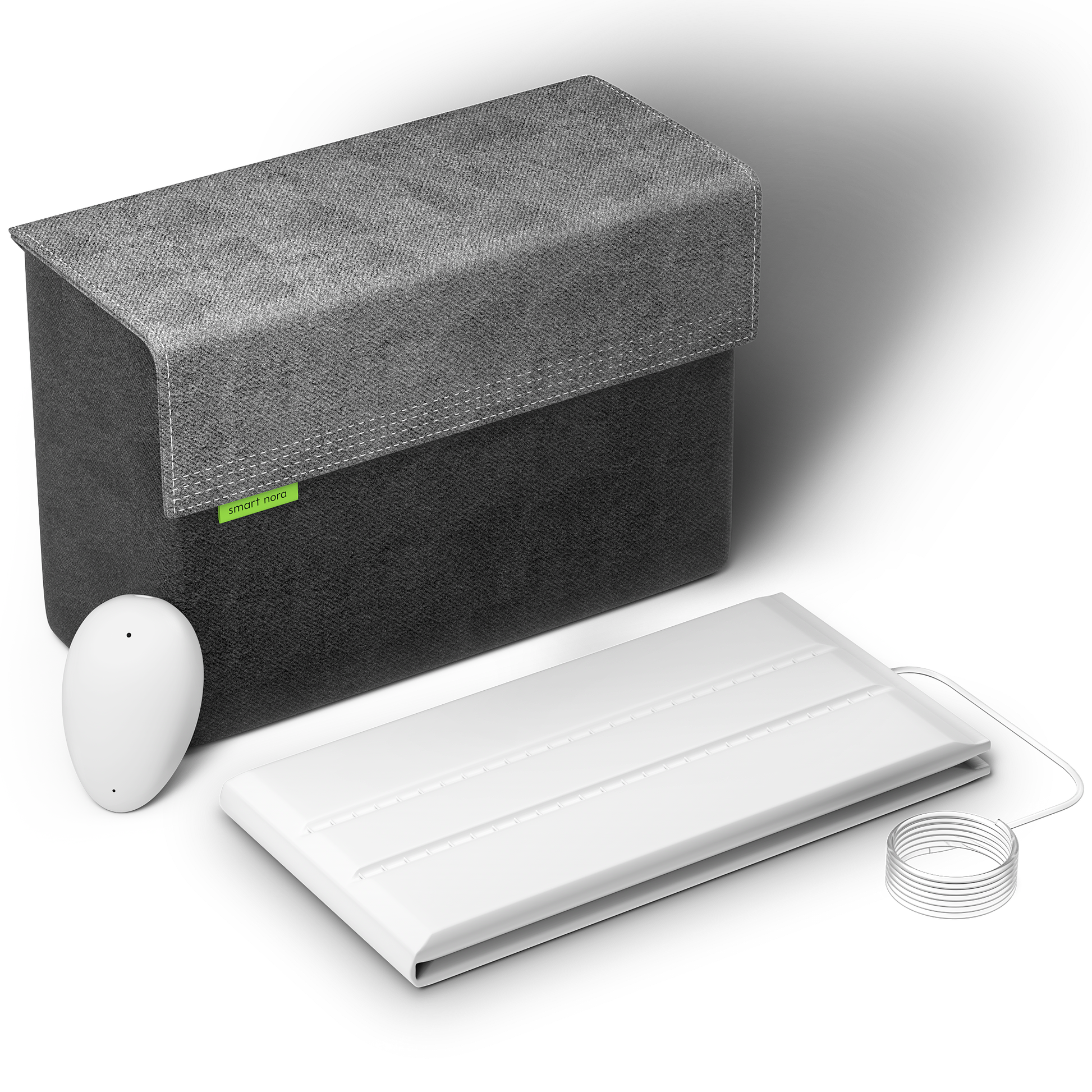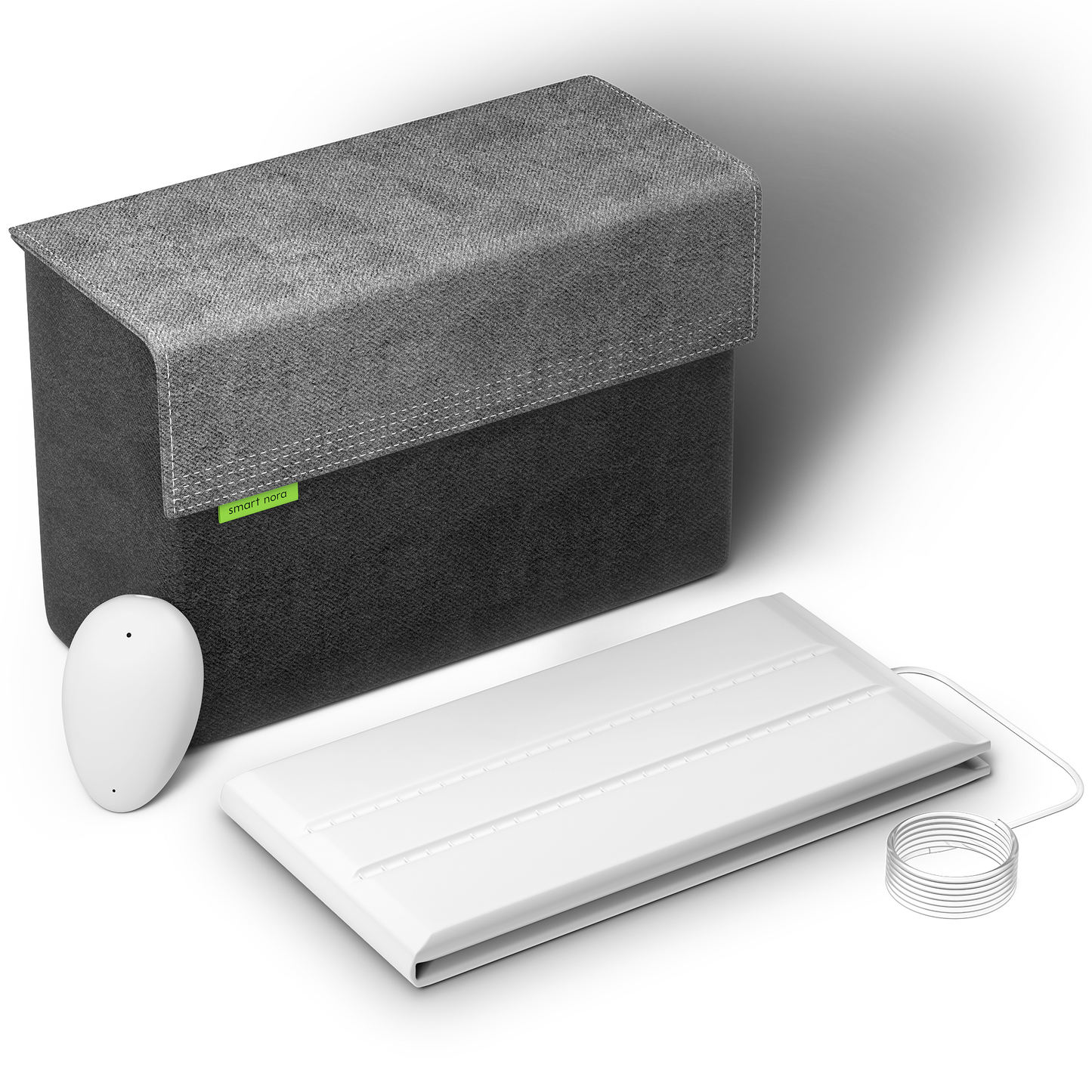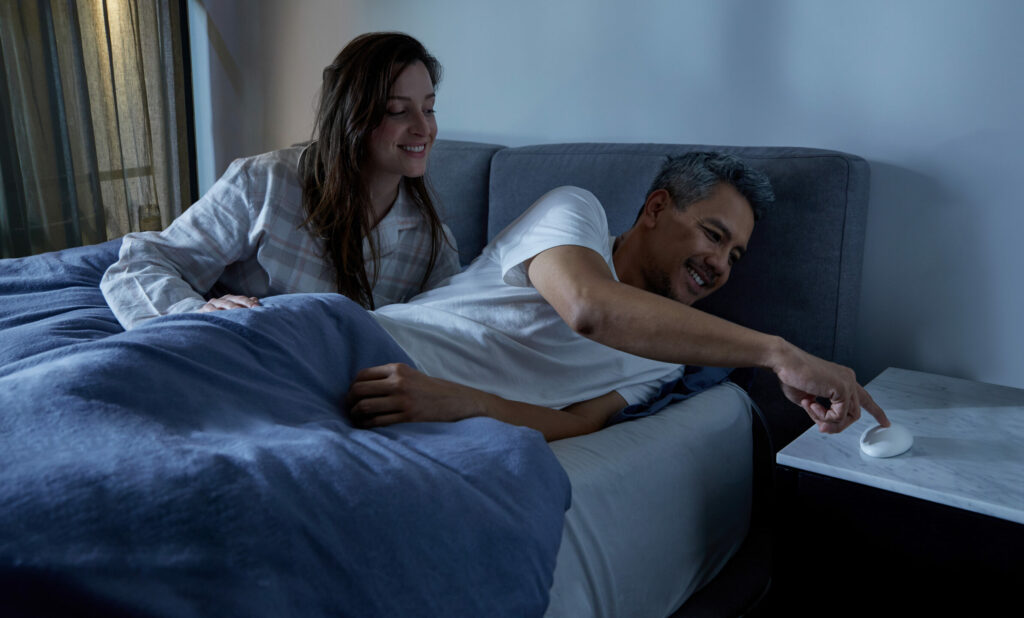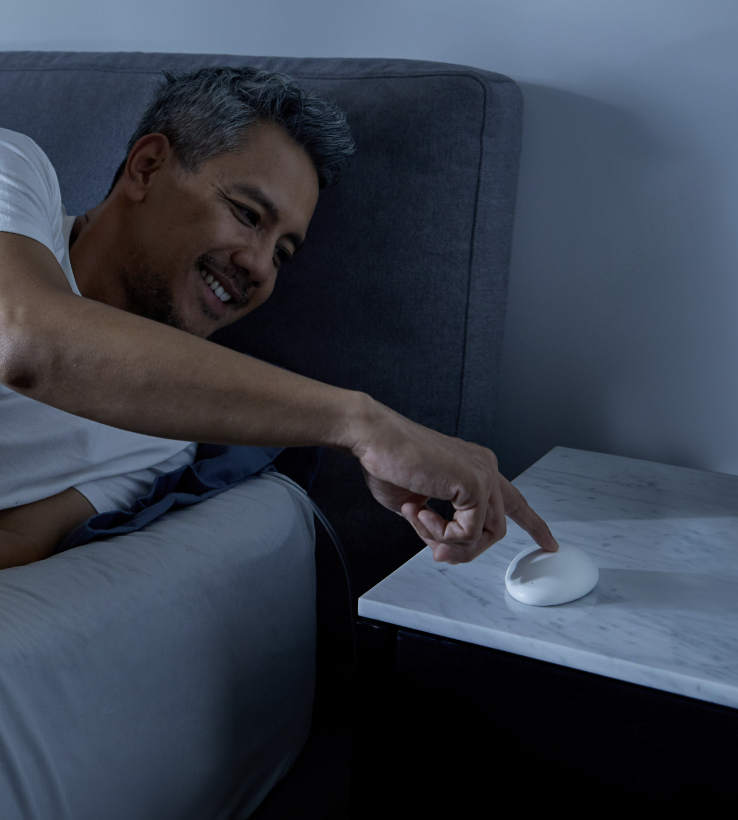Remember that sluggishness you feel every Monday morning? You probably feel that because it is Monday. Or the reason could be the late evenings you spend over the weekend. Mondays are sometimes blamed needlessly; it’s the social jetlag caused by a misalignment between your biological and social clocks.
In other words, social jet lag is the disparity between your weekday and weekend sleep schedules.
But wild weekend celebrations aren’t the only factor responsible for social jetlag. It might also be brought on by skewed work-life balance and irregular sleep cycles, such as those of night shift workers. But how does it affect your health? And how can you beat it? Let’s find out.
What is Social Jet Lag?
It’s early Monday morning. You didn’t get much sleep last night, and are barely surviving on four to five hours of poor sleep, just going through the motions. If this sounds familiar, you may be suffering from social jetlag.
In 2006, German researchers examining the differences in sleep patterns and quality between weekdays and weekends came up with this phrase.
You might be thinking that this sounds very similar to jet lag. Well, it is. Jet lag is common while flying across time zones. You can, however, witness this phenomenon without ever leaving your house. It is true, and it is referred to as social jetlag. In other words, social jetlag is caused by our daily activities, as opposed to the type of jet lag we experience when traveling across time zones.
When social factors interfere with our ideal sleep-wake cycle, we experience social jetlag, making us feel tired and foggy. It occurs when there’s a conflict between what our bodies need, based on our internal biological clocks, and what our lives need with respect to our work, family, and social obligations.
Effects of Social Jet Lag on Sleep and Health
Researchers have begun to pinpoint additional, long-term hazards of specific illnesses, including obesity, heart disease, and mental health, to social jetlag. Here are some effects social jet lag can have on your sleep and overall health:
- Anxiety and Depression: Experts claim that ignoring our natural body clock strongly correlates with depression levels and that having a higher imbalance was related to a higher risk of depression. According to a study that examined the sleeping patterns of 85,000 UK residents, those with a disrupted sleep cycle were more likely to experience anxiety, depression, and a lack of feelings of wellbeing.
- Obesity: A higher risk of obesity and diabetes has also been connected to social jet lag. A study discovered a connection between adolescent social jet lag and a higher risk of obesity. It has been found to impact the body’s immune cell activity and the timing of hormone secretion, and the increased risk of obesity and chronic diseases may be linked to these changes.
- Memory: Academic performance and retention power is also affected by social jet lag. It’s crucial to remember that teenagers and young adults are most likely to experience social jet lag, which may affect their capacity to learn new material at school.
- Sleep Deprivation: A significant risk to your health is repeatedly undergoing a daily shift in sleep schedule, followed by sleep deprivation from forced alarm wake-ups. After a weekend of late nights, you might be familiar with that feeling of being unable to fall asleep.
Is Social Jet Lag Common?
Social jet lag is more common than you might believe. Without even realizing it, you may be one of the approximately 70% of adults who show signs of social jetlag.
The phrase made headlines because of the pandemic. Research suggests that the effects of COVID-19 on lockdowns, remote work, and flexible scheduling may have actually lessened the intensity and frequency of social jetlag.
How Can You Beat Social Jet Lag?
Is there a way to enjoy TGIF without paying for it on Mondays? Can you rapidly recover from a night shift to enjoy your free time? Yes! Here are a few tips that will help you get back on track and beat social jet lag:
- Have a Consistent Schedule: Try to maintain a consistent wake-up and bed-time schedule every day, even on the weekends. Doing this can align your sleeping pattern with your circadian cycle. However, don’t worry if you find it too tempting to put off going to bed when you know you don’t have to go to work in the morning or skip the alarm clock on your days off. If so, keep the gap to no more than 30 minutes or an hour before it starts to disrupt the stability of your schedule. Your lifestyle and body clock will gradually re-align as a result.
- Avoid Long Naps: While it might feel restorative at the moment, taking a long nap typically does not alleviate social jet lag. Try to restrict your power naps to 20-minute ones if you’ve difficulty falling asleep on the weekends. Experts agree that taking quick naps to boost energy during afternoon slumps can also improve memory, cognitive function, and stress management.
- Get Some Natural Light: The best circadian cue to prevent social jet lag is light. To tell your brain it’s time to wake up, spend some time in the sun as soon as possible in the morning. According to research, fifteen minutes of dazzling morning light is enough to normalize your circadian rhythm and assist you in going to bed earlier that night. Artificial bright light can fool your body into believing it is daytime if natural light isn’t accessible by generating circadian alerting hormones and promoting awakening.
- Follow Good Sleep Hygiene: Good sleep hygiene is an effective antidote to social jetlag. Healthy sleep practices throughout the week make you less prone to sleep imbalance and circadian mismatch, making it simpler to resist the urge to sleep on weekends. If you’re a night owl, look at your routine to see if you can adjust your wake-up time to get adequate sleep.
Sleep Shouldn’t Lag
We all occasionally suffer from social jet lag, which is a frequent problem. It might be time to try to maintain a more constant routine if you find that your typical sleep schedule changes on the weekends.
While it could be challenging to stick to the same sleeping schedule every day, you’ll probably start to experience the health advantages soon. Speak with your doctor if the quality of your sleep is causing you any concern.














